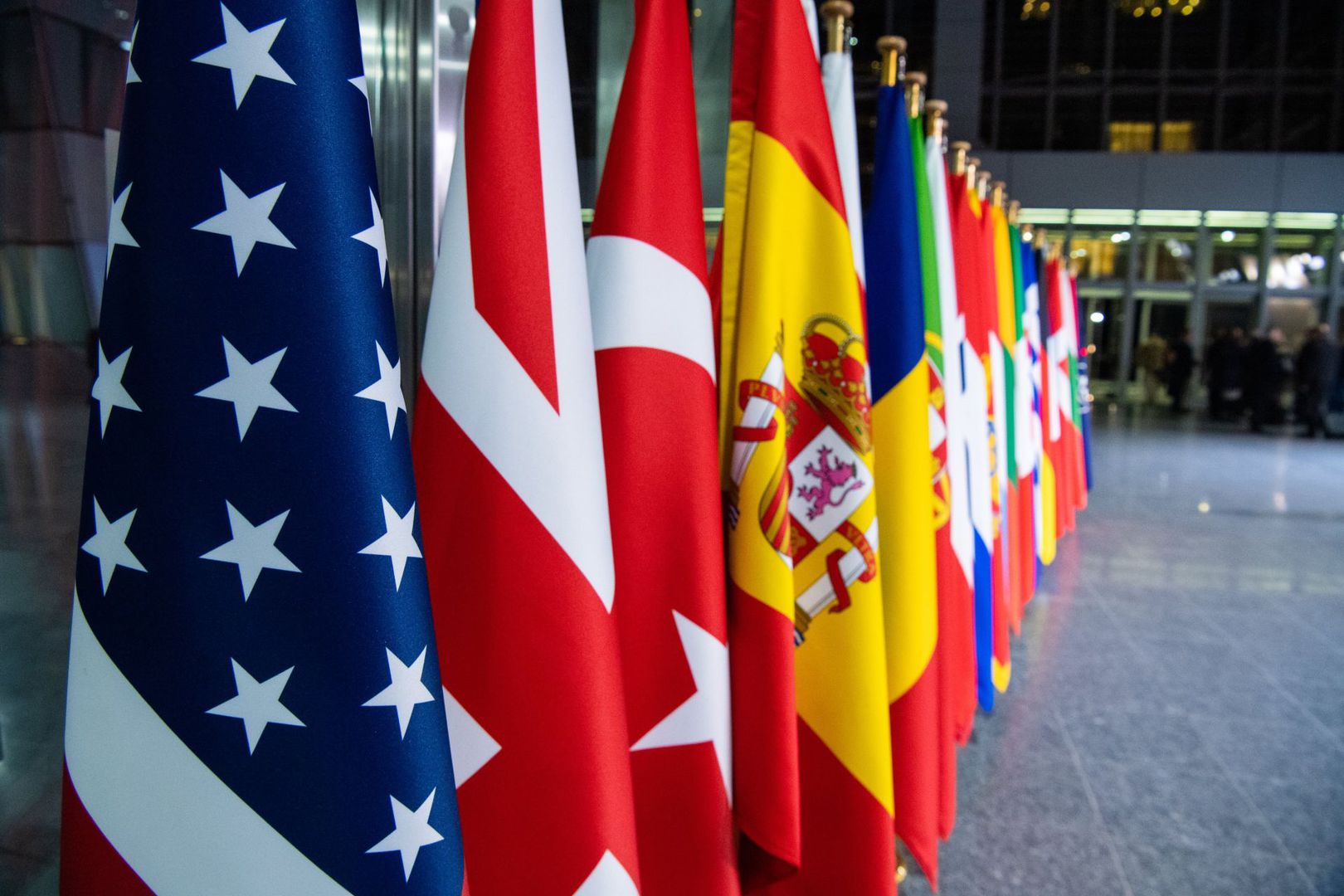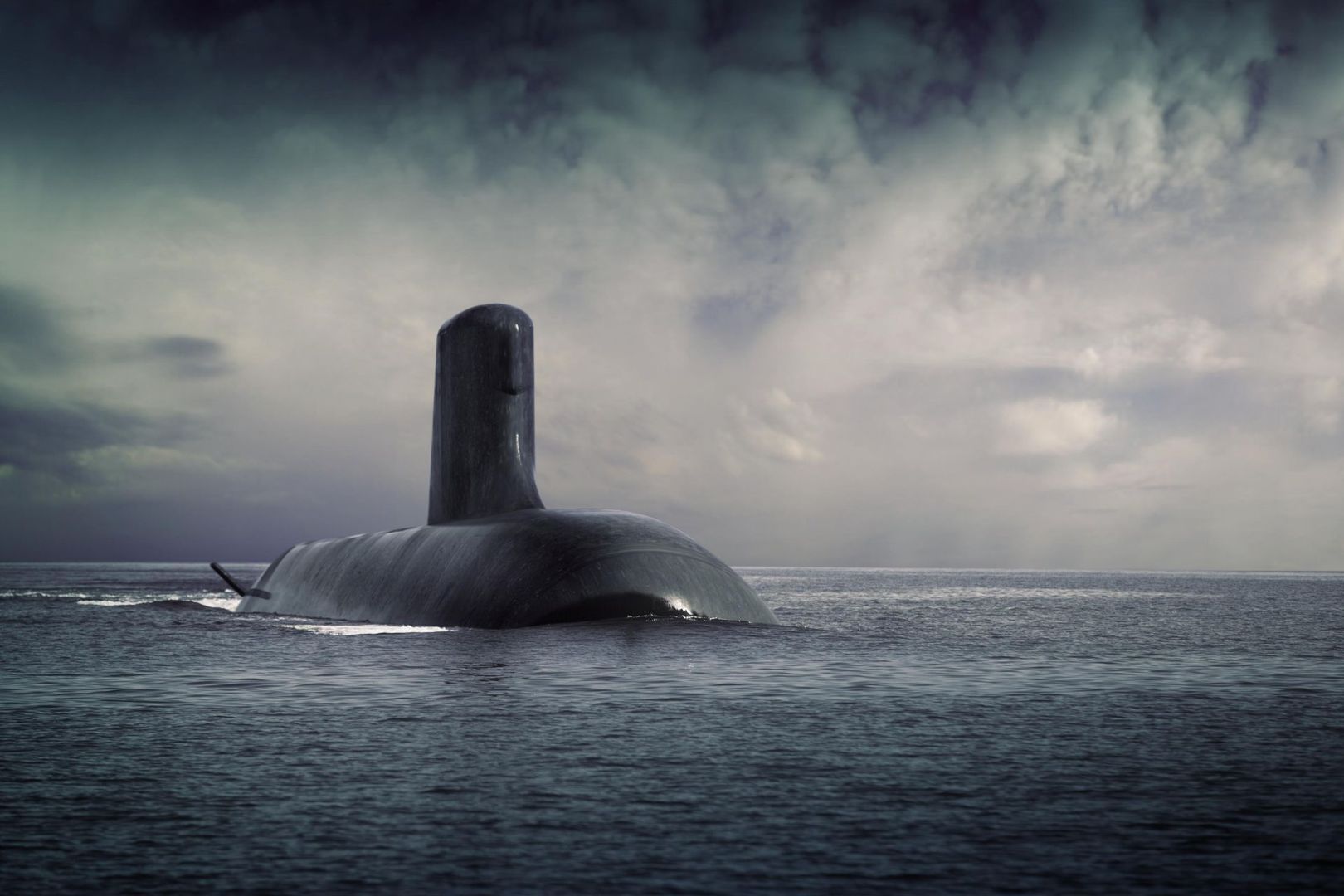US Secretary of State Mike Pompeo on Saturday traded barbs with European leaders over diminishing Western influence, rejecting as “grossly over-exaggerated” their claims that Washington had retreated from the global stage.
Speaking at the Munich Security Conference, Pompeo sought to assuage European anxiety over the transatlantic bond under an unpredictable President Donald Trump, saying: “The West is winning and we’re winning together.”
But he was immediately contradicted by French President Emmanuel Macron, who warned of “a weakening of the West”.
The annual gathering of world leaders, generals and diplomats to discuss security challenges has been dominated by fears over the West’s diminishing role in the face of a more assertive China and Russia.
In his opening speech a day earlier, German President Frank-Walter Steinmeier suggested that the United States rejected “even the idea of an international community” and was acting “at the expense of neighbors and partners”.
“Those statements don’t reflect reality,” Pompeo retorted.
“I’m happy to report that the death of the transatlantic alliance is grossly over-exaggerated,” he added, paraphrasing a famous Mark Twain quote.
He said Washington was playing a key role in keeping Europe safe by reinforcing NATO’s eastern flank on the border with Russia, as well as leading a multinational effort to defeat the Islamic State jihadist group.
“Is this an America that ‘rejects the international community’?” he asked.
Pompeo stressed the need to work together against threats ranging from Russia’s territorial ambitions, China’s military build-up in the South China Sea and Iran’s “campaigns of terror” through proxy conflicts in the Middle East.
NATO chief Jens Stoltenberg, who also took to the stage in Munich, joined Pompeo in voicing dismay at the gathering’s pessimistic tone.
“There is a competition out there in so many areas, with so many different actors, but simply lamenting that we have lost our way will not provide us with a way forward,” Stoltenberg said.
“Europe and North America are indispensable partners.”
But France’s Macron echoed the German concerns.
The US was undergoing “a rethink of its relationship with Europe”, Macron said, strengthening his belief that the continent had to take charge of its own destiny.
“We need a European strategy that renews us and turn us into a strategic political power,” he said.
The US-European divisions were on stark display in the spat over Chinese tech giant Huawei.
Washington has pushed hard for countries to bar Huawei from building their next generation 5G mobile networks, claiming its equipment can be used to spy for Beijing.
US Secretary of Defense Mark Esper said Huawei was the “poster child” for China’s “nefarious strategy” to infiltrate and dominate crucial western infrastructure.
But key allies including Britain and France have resisted the pressure so far, agreeing to impose restrictions without going so far as to ban the company.
Chinese Foreign Minister Wang Yi urged Europeans to make “an independent and wise choice” while providing “a fair business environment for all companies”.
Russian energy reliance
In a nod to concerns about European dependence on Russian gas, Pompeo announced at the Munich forum that the US would finance energy projects in eastern EU countries.
“The United States — through our International Development Finance Corporation, and with the support of the US Congress — intends to provide up to $1 billion in financing to the Central and Eastern European countries of the Three Seas Initiative,” Pompeo told the conference.
“Our aim is to galvanise private sector investment in their energy sectors.”
The initiative is a club of 12 eastern and central EU countries that have grown increasingly concerned about the Russian giant in their backyard since Moscow’s annexation of Crimea from Ukraine in 2014.
At a Three Seas meeting in 2017, Trump offered to supply the grouping with US liquefied natural gas so they would never be “hostage” to a single Russian supplier.
Pompeo’s announcement comes amid fierce US opposition to Russia’s controversial Nord Stream 2 pipeline, set to double the country’s gas shipments to Germany.
Washington believes the pipeline will give Russia too much influence over security and economic issues in western Europe.











